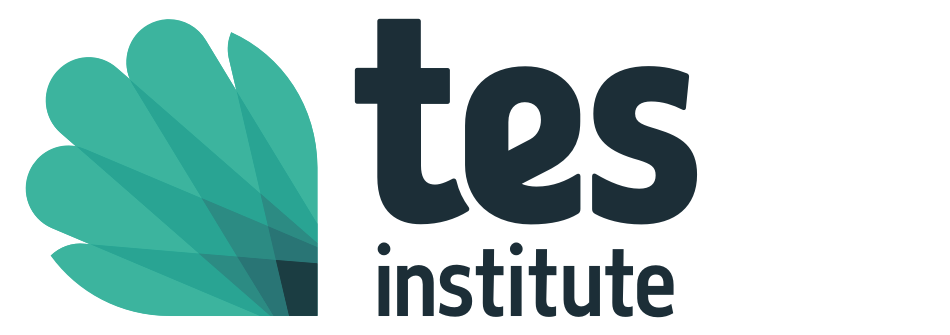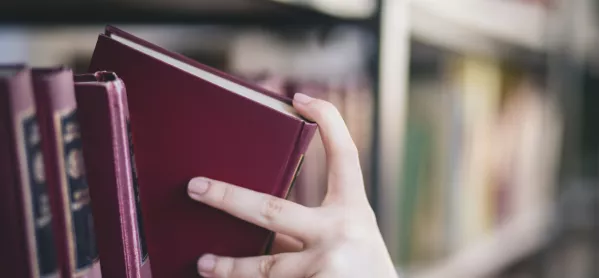Congratulations! Finding out that you have a place on an initial teacher trainingÌıroute, whatever it may be, can be a real turning point in your life.
Securing your place in teacher trainingÌımay be the fulfilment of a childhood dream, orÌıthe result of a well-thought-out career change.ÌıOften, though, the excitement will beÌımixed withÌıanxietyÌıabout how best to prepare for training.
Below are some suggestionsÌıto help ease those pre-course nerves and harness your enthusiasm.
Boost your subject knowledge
Regardless of whetherÌıyouâre teaching early years, primary, secondary or further education, knowing your subjectÌıis the most empowering thing you can do for yourself and also your students.
The confidence that you feel knowing that youâre well prepared, and how that radiates out, can really smooth the transition into teacher training.
Most courses will undertake some type of âknowledge auditâÌıthat will help guide you to your own gaps, of which thereÌıwill be a few. But that isnât something to panic about. Aside from your provider supporting you, thereâs a number of subject- and stage-specific books out there.
The Ìıseries, fromÌıCrown House isÌıa great start. Although more secondary-focused, they can also support those training forÌıother settings withÌıpractical and clear strategies.
For primary teachers, offers a range of guides for teachers to develop their subject knowledge for key stage 2Ìıand key stage 3.
And donât underestimate the power of simply reading all the text books and reading texts you will be doing with your students. Itâs a great use of your time, even if youâve read them before.
Choose aÌıbehaviour book that speaks to you
Behaviour management may be the biggest concern most trainees have: how do you do it? Can youÌıdo it? What if youÌıcanât do it?
Behaviour is aÌıreal hot topic in British schools and the discourse around education, so going in with some idea about that will stand you in great stead. âWarm/strictâ, âRPâÌı,âprogâÌıandÌıâtradâÌıare all terms thrown around and these can be quite bewildering to a relative novice.
Finding a philosophy of behaviour management that works for you, both on a personal level and for your placement school, should help you to feel more confident and help you to make career choices down the road.
ThereâsÌıa plethora of books out there offering some excellent practical strategies about what to do. And, importantly, what not to do.Ìı
My advice would be to read, with as open a mind and attitude as possible, as much as you can about it, then see how practical the ideas are once youâre in the classroom.
Try the Tes book review hub for ideas of where to start. You can find reviews of Stand Up Straight, How to Own the RoomÌıand many more.
Two of my must-reads:Ìı
The Uses of Literacy: aspects of working-class lifeÌıbyÌıRichard Hoggart
Maybe this is a left-field choice, as it isnât a teaching book at all. But this text looks at many âbig pictureâÌıideas around social division, pop cultureÌıand class; and how they can be impacted and manipulated.
One thing that struck me when I entered teaching was how much of an agent for change you can be, but how so much of what is external to your classroom can influence that change. That felt overwhelming at first, but this book helped focus my thoughts and arrange them into a manageable way. Ìı
Despite being more than 60 years old, this cornerstone text of cultural studies should get the cogs whirring about what your role is on a wider scale, and how you want to go about making the most of it.
The Lost Girls by Charlotte Woolley
Something of a sister book to the equally excellent ,Ìıthis book can help the readerÌıslayÌısome of the most enduring education myths surrounding gender-based expectations in schools.
With excellent evidence, researchÌıand practical suggestions, this is a really accessible text to help you challenge your own preconceptions. Certainly, it helped me to think differently aboutÌıwhy certainÌıthought patterns around gender in schoolsÌıhad emerged in the first place.
James Oddy is an English teacher from Leeds and he tweets from
Ìı



